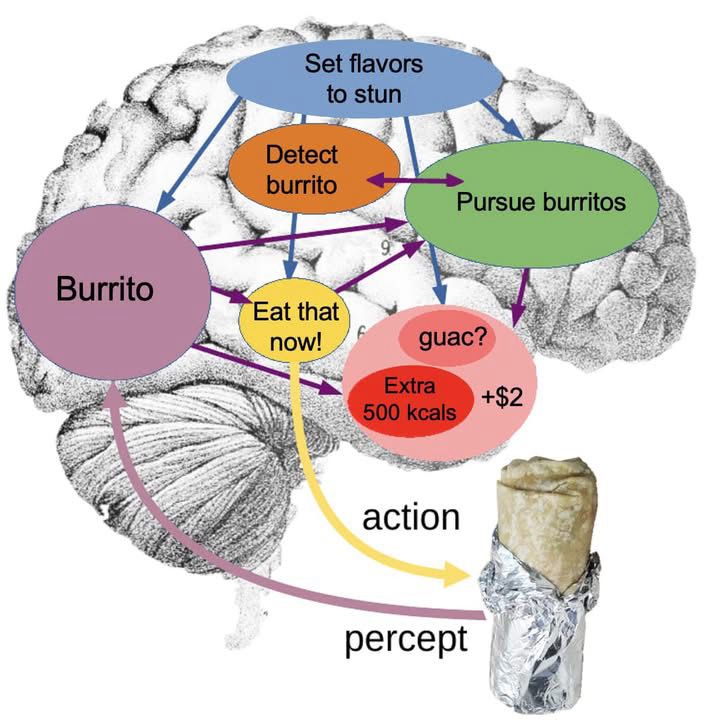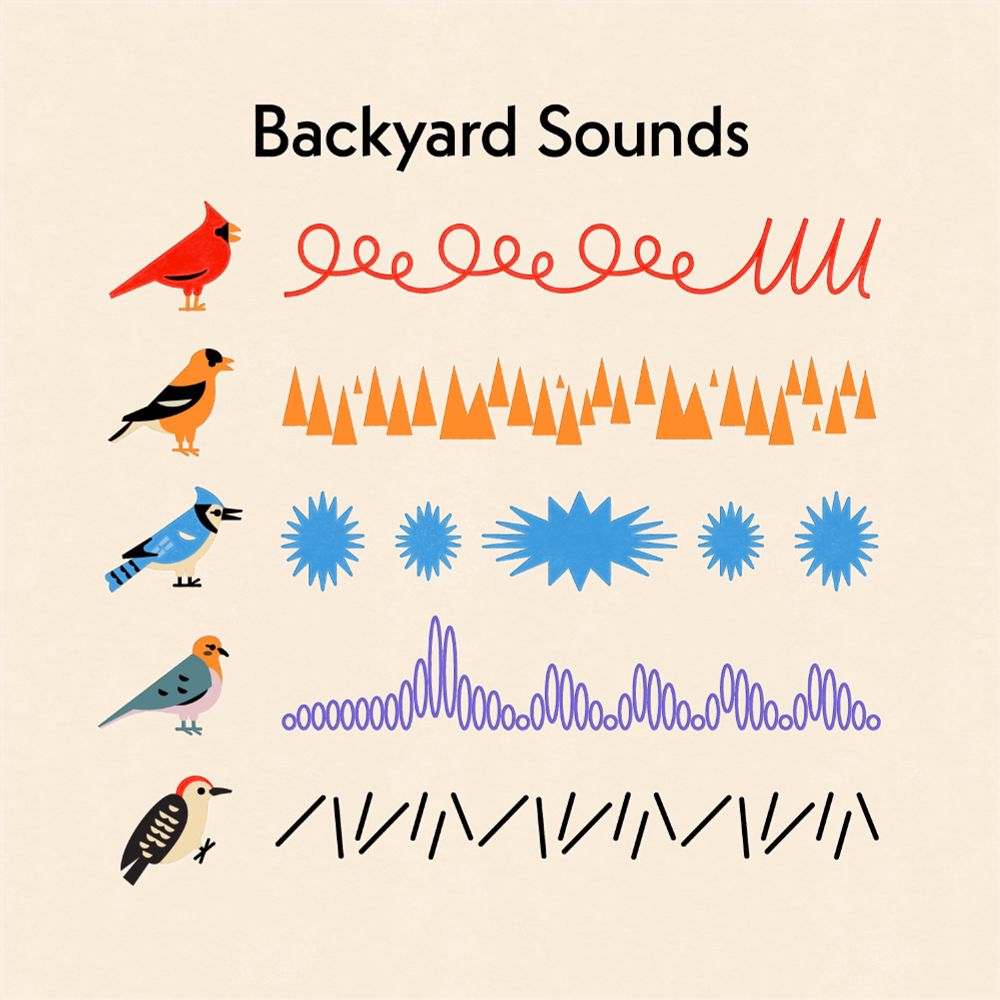
shwnmnl.github.io

We explore how our unique subjective experiences of the world affect mental health using a combination of psychometrics, NLP and genAI.
🔗 Read it here: doi.org/10.1111/pcn....
🧵👇
🧵of my highlights

🧵of my highlights
the outputs shouldn’t replace your own thoughts, but help to refine them
open.substack.com/pub/shifting...
the outputs shouldn’t replace your own thoughts, but help to refine them
open.substack.com/pub/shifting...

So understanding is "Standing among" as-in a mind that figuratively shares space with the concepts in question.
So understanding is "Standing among" as-in a mind that figuratively shares space with the concepts in question.
I really like this paper as a survey on the current literature on what CoT is, but more importantly on what it's not.
It also serves as a cautionary tale to the (apparently quite common) misuse of CoT as an interpretable method.
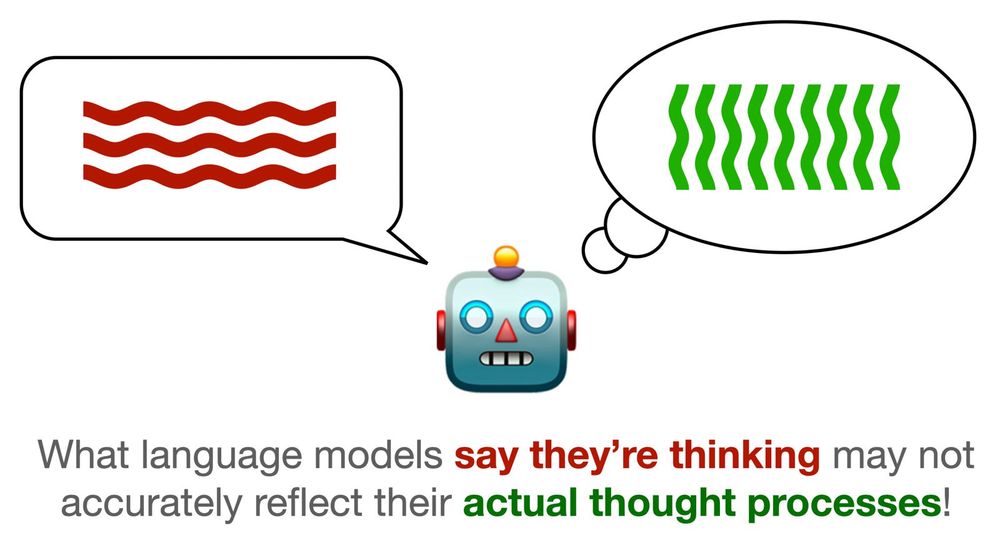
I really like this paper as a survey on the current literature on what CoT is, but more importantly on what it's not.
It also serves as a cautionary tale to the (apparently quite common) misuse of CoT as an interpretable method.
doi.org/10.31234/osf...
#psychology
doi.org/10.31234/osf...
#psychology
I focused on comparing fMRI techniques on a single subject, using fear as a case study.
school-brainhack.github.io/project/many...
I focused on comparing fMRI techniques on a single subject, using fear as a case study.
school-brainhack.github.io/project/many...
This applies to everyday use and even more so to academic or scientific contexts.
As a self-described AI power-user, here’s my two-cents in a quick (6min) video demonstration.
youtu.be/JVPonpG6hkM

This applies to everyday use and even more so to academic or scientific contexts.
As a self-described AI power-user, here’s my two-cents in a quick (6min) video demonstration.
youtu.be/JVPonpG6hkM
www.thetransmitter.org/brain-inspir...
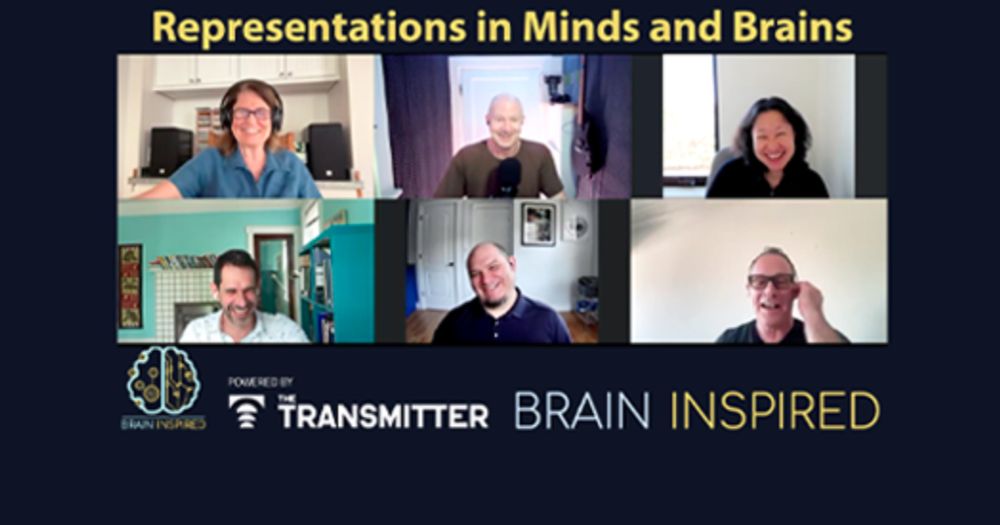
www.thetransmitter.org/brain-inspir...
(looking at a paper): "Ugh, can you maybe give me an 'abstract'? Still too long...maybe just 'highlights'...? Maybe a 'public interest statement'...?
(looking at a paper): "Ugh, can you maybe give me an 'abstract'? Still too long...maybe just 'highlights'...? Maybe a 'public interest statement'...?
to be explanatory and useful, any claim ultimately has to cache out in terms consistent with our individual and collective subjective experiences
🧵
to be explanatory and useful, any claim ultimately has to cache out in terms consistent with our individual and collective subjective experiences
🧵
1/n
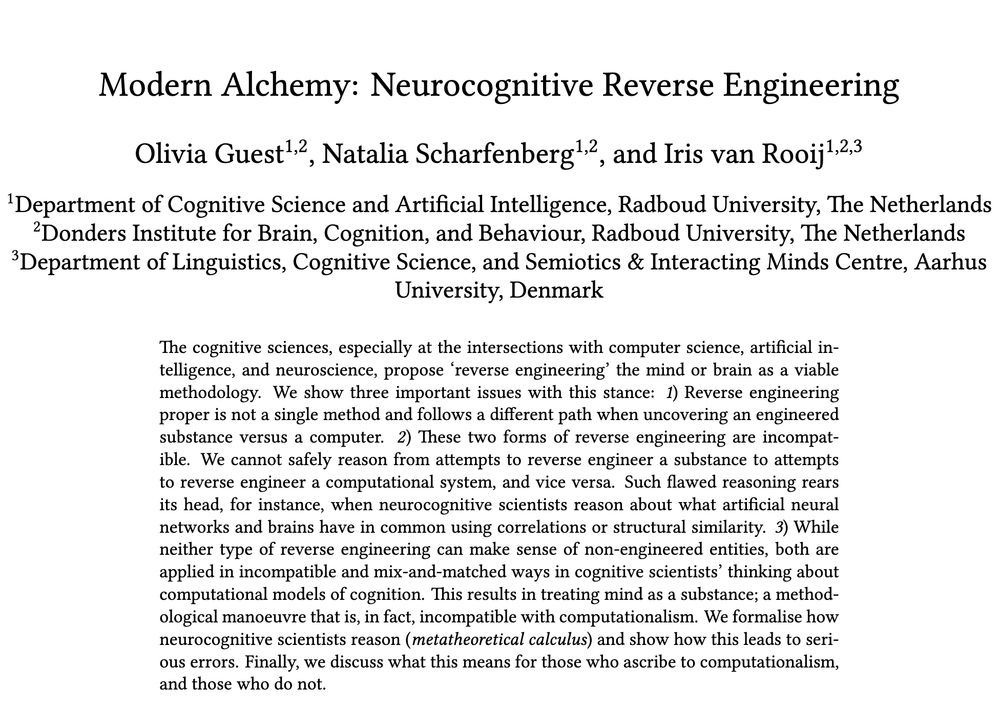
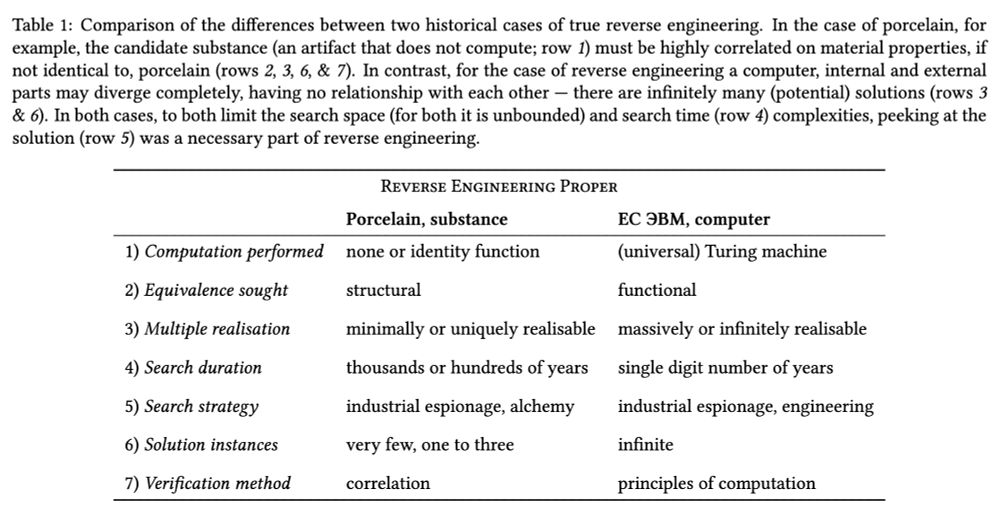
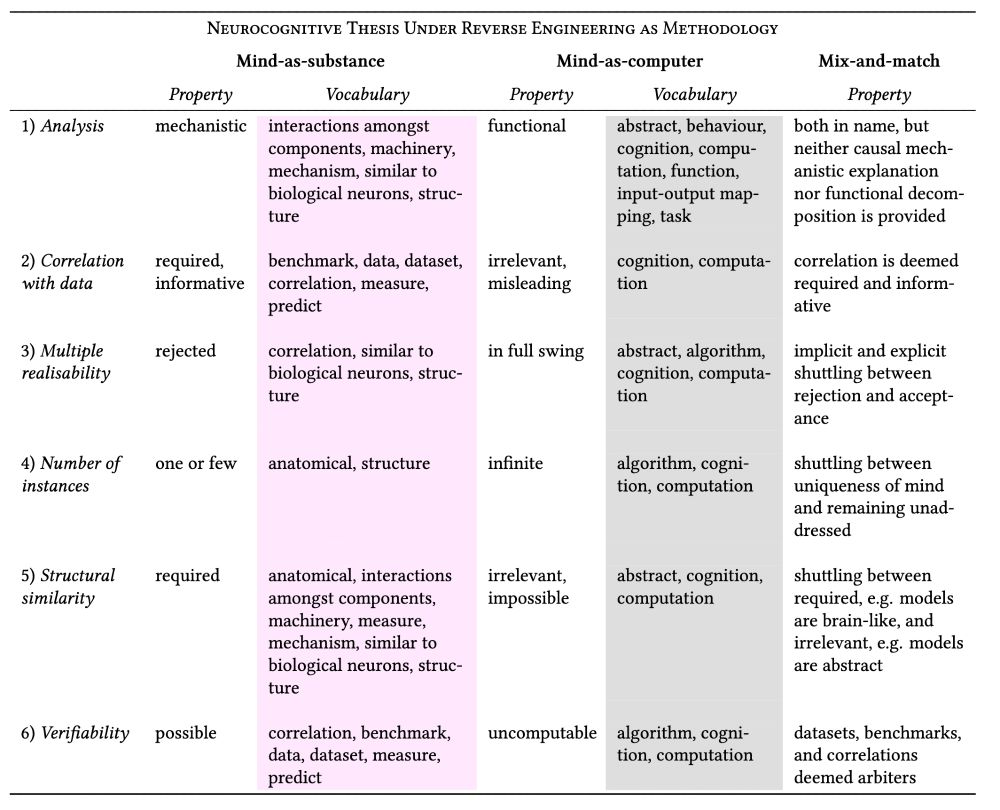
1/n
Recherche menée par @shwnmnl.bsky.social, @vincenttd.bsky.social, Jean Gagnon et Frédéric Gosselin.
#SantéMentale #Psychologie

Recherche menée par @shwnmnl.bsky.social, @vincenttd.bsky.social, Jean Gagnon et Frédéric Gosselin.
#SantéMentale #Psychologie



